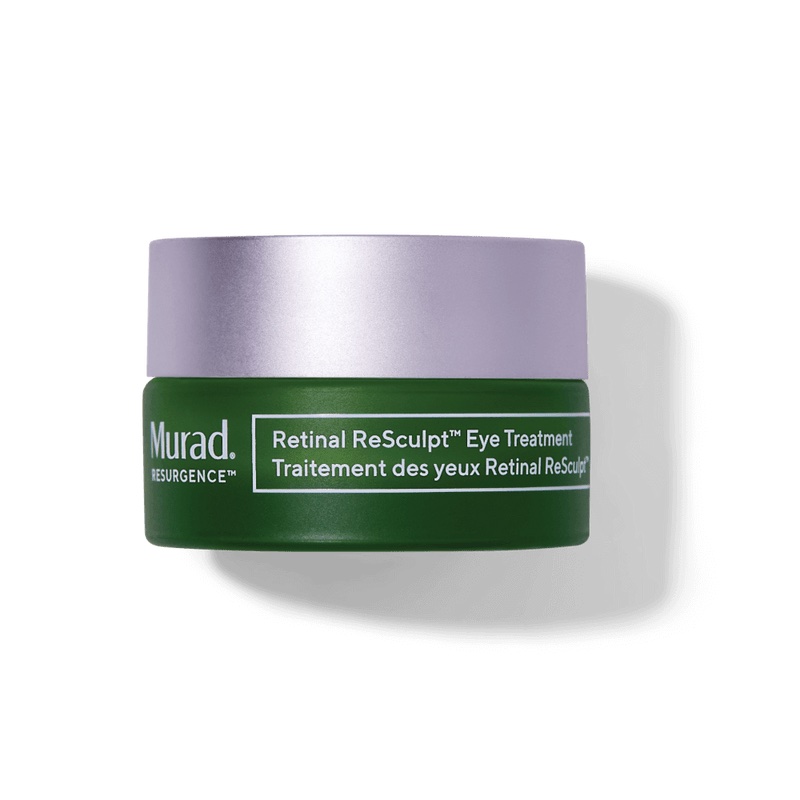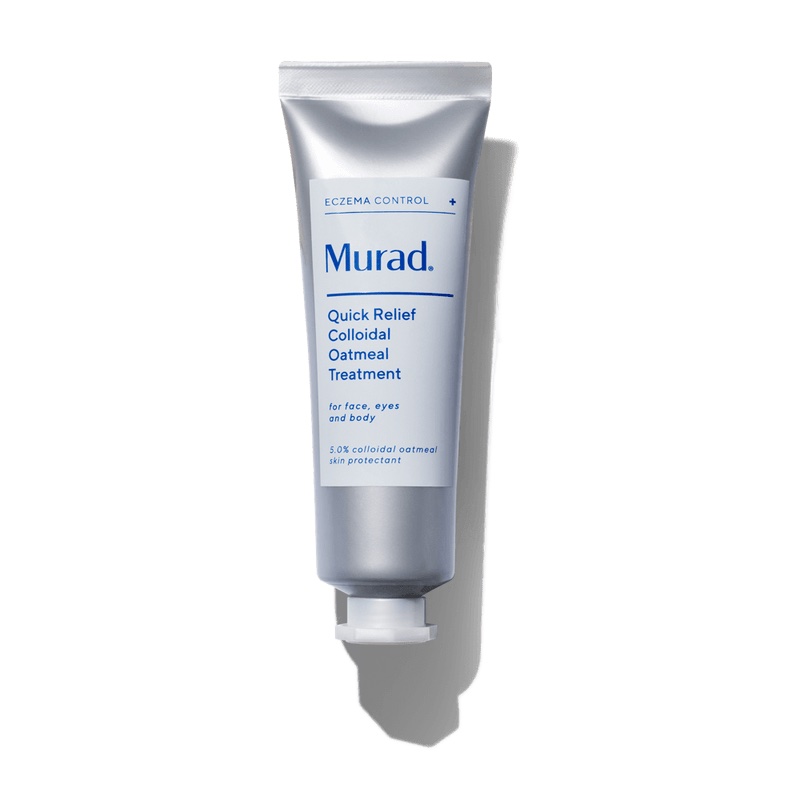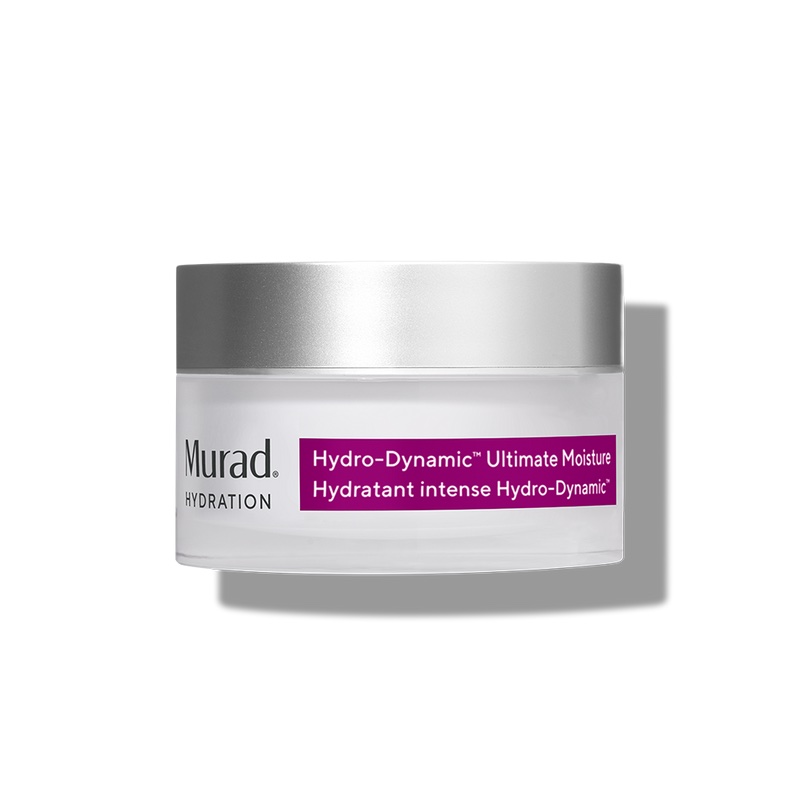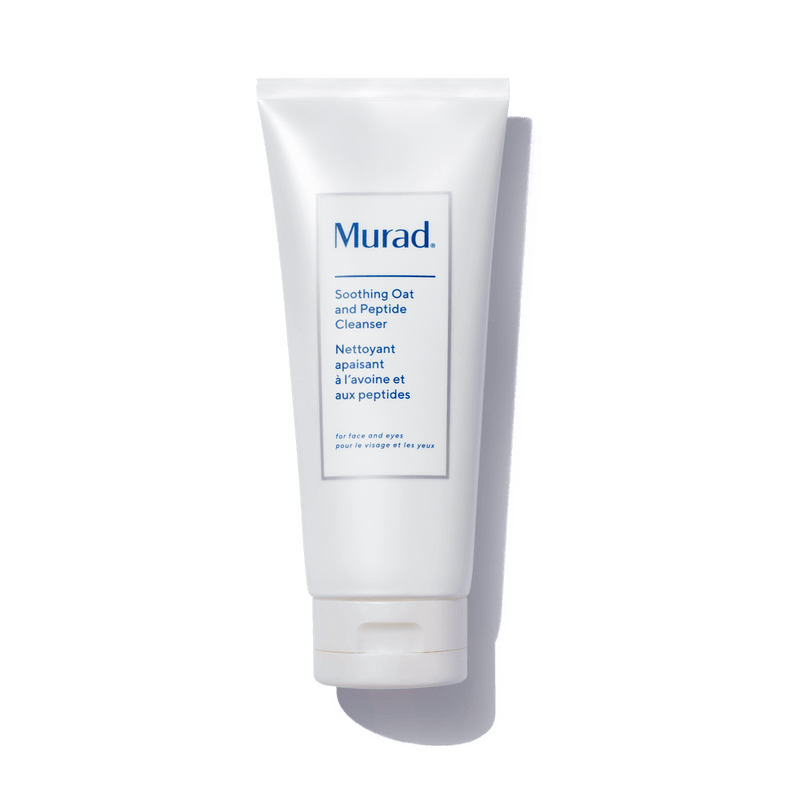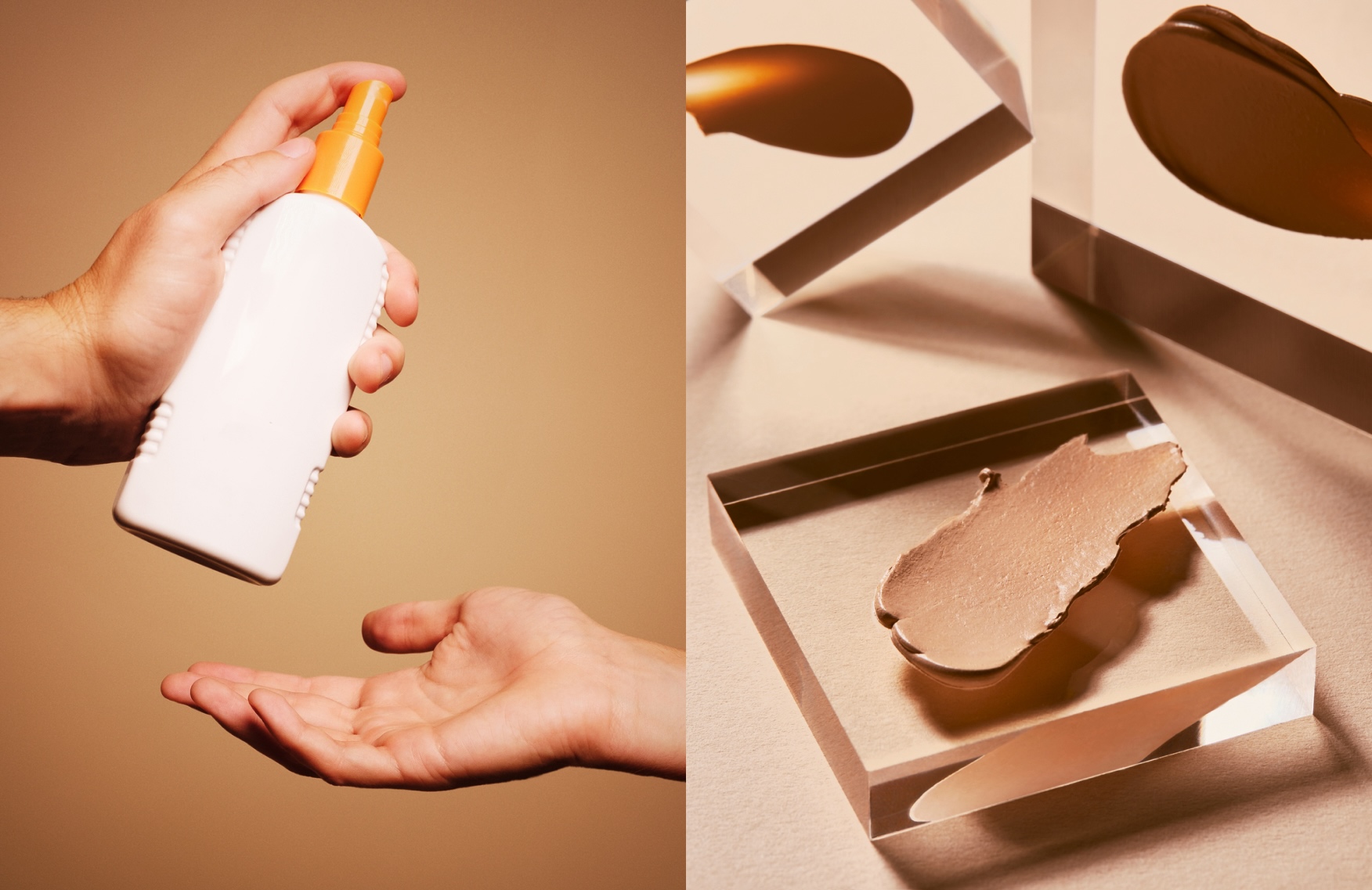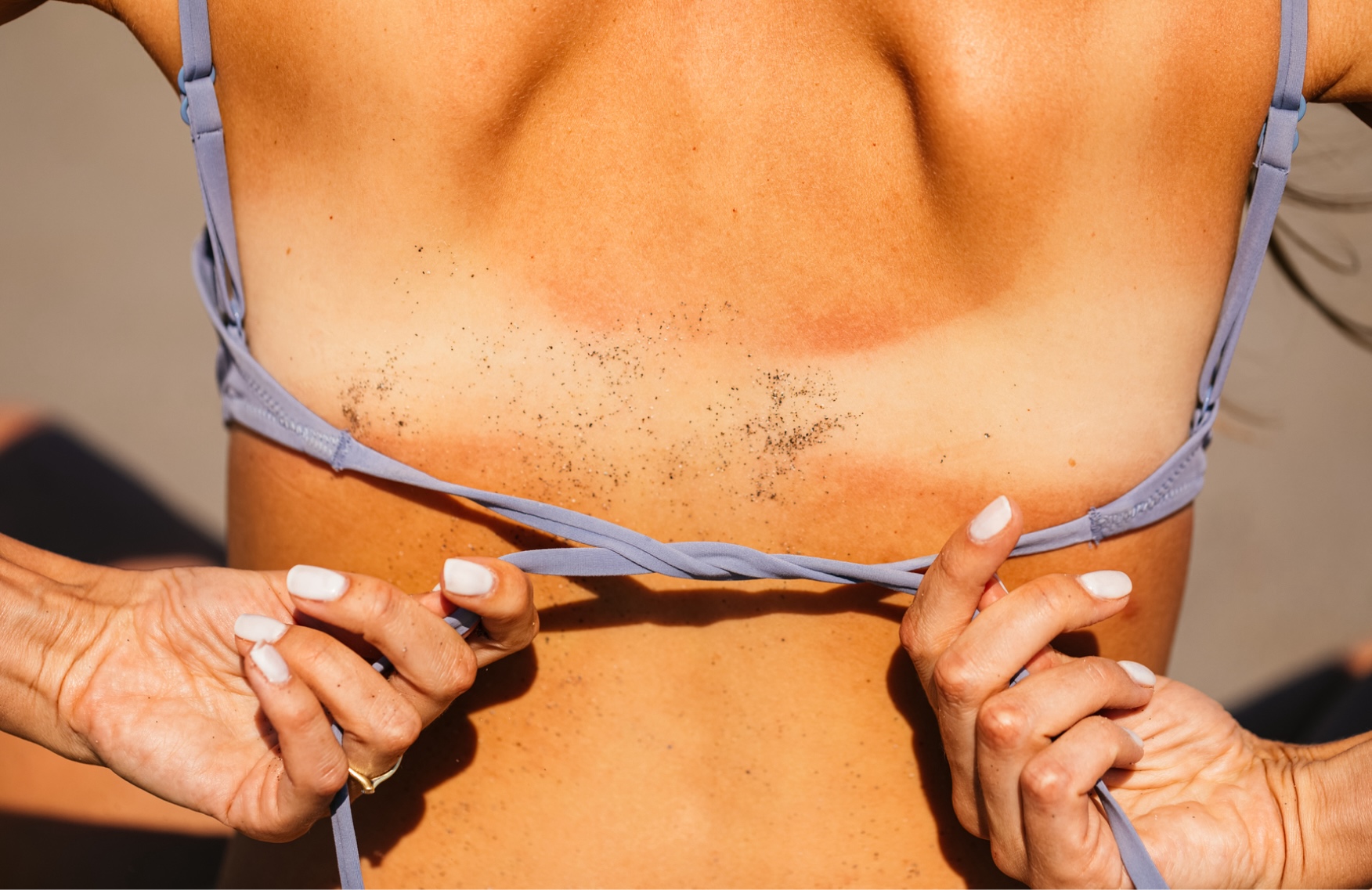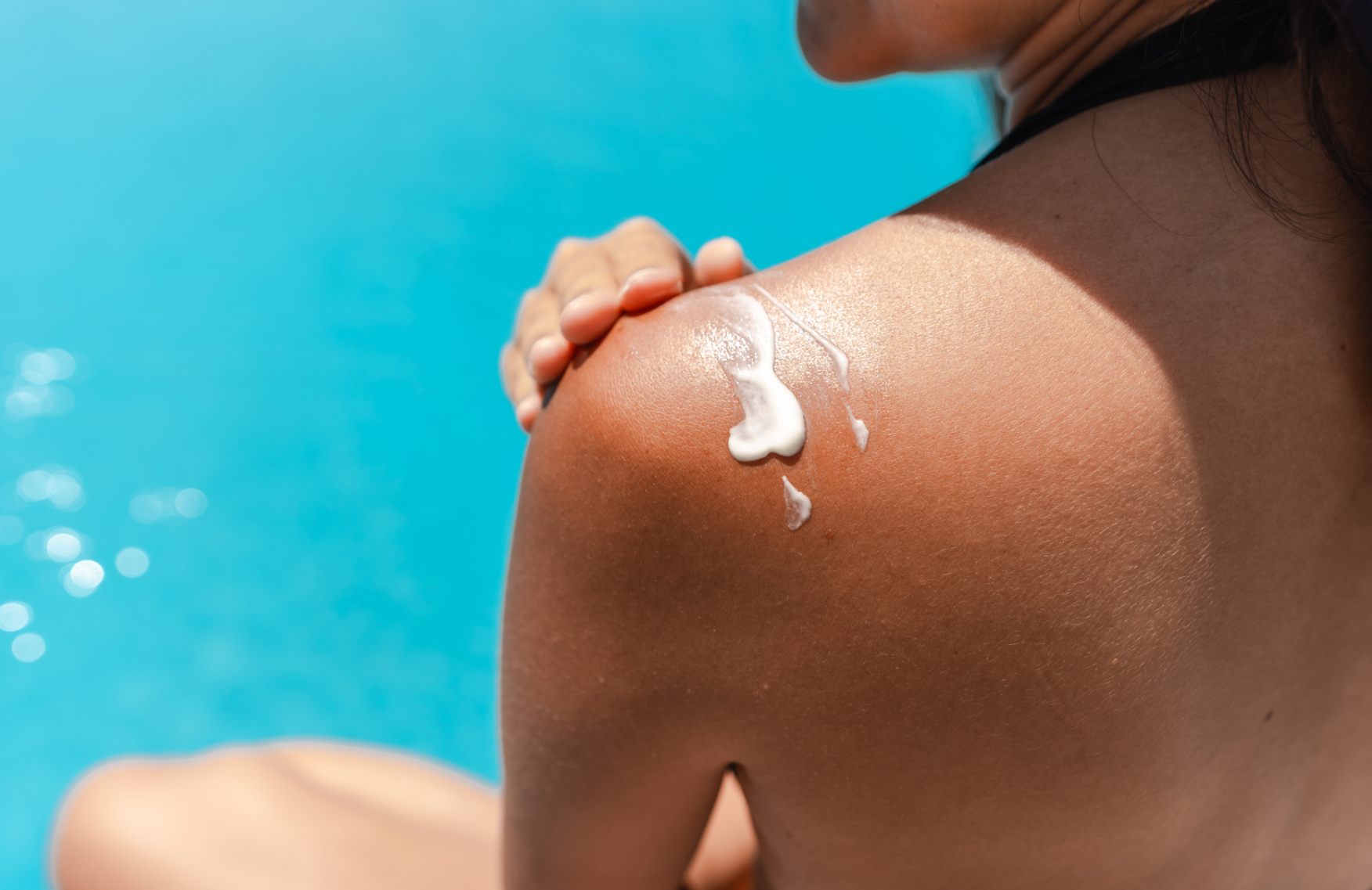Dry under eyes? Here are the culprits, plus tips from a top dermatologist on how to get rid of them
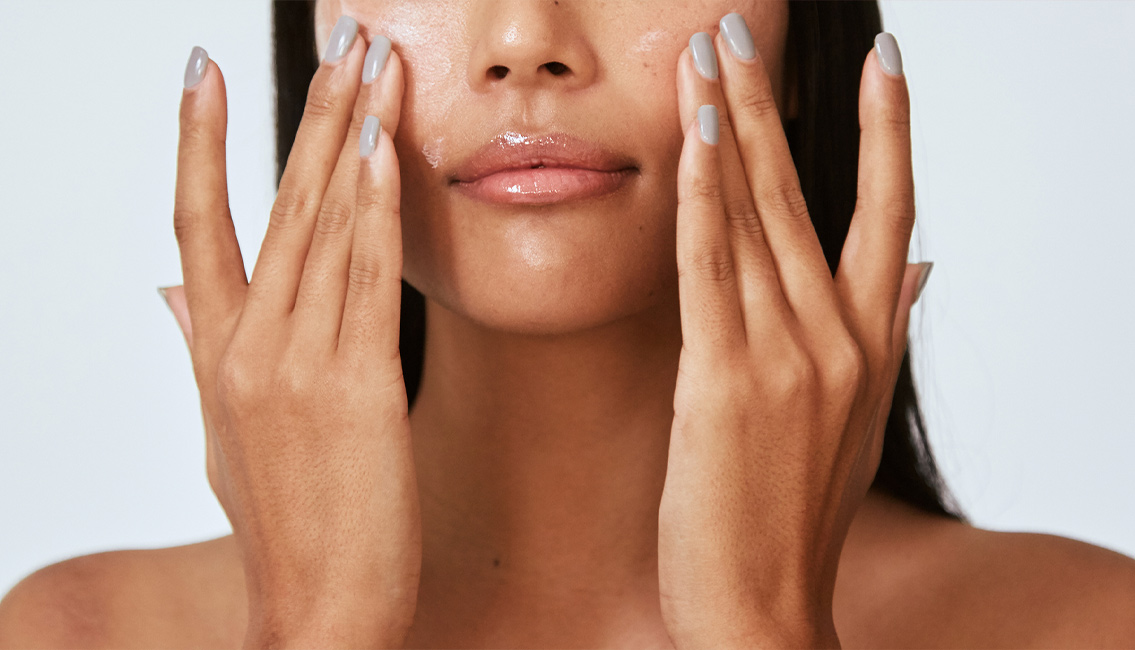

Clinically reviewed by: Allison Marks, holistic esthetician
Eyes got a big lift from the pandemic when above-the-mask beauty became a focal point. All the attention paid to this stretch of skin on our faces sparked a question: Have our eyelid skin and undereye skin always been this dry-looking? We asked Jessica Wu, M.D., Los Angeles dermatologist and author of Feed Your Face for some fast facts about dry eye skin, its triggers and how to hydrate your under-eyes naturally to achieve youthful skin.
How is the skin around your eyes different from other areas?
Scarcer in oil glands and fat than other parts of the face, the skin around your eyes is notoriously thin and sensitive, requiring more delicate plans of attack for tackling aging. Because our eyes are often a focal point on the face, tired eye skin can highlight the appearance of facial aging overall, so protecting this area should be a top priority.
Why is the eye area more prone to dryness?
“The skin under your eyes is very thin and has fewer sebaceous (oil) glands compared to the rest of your face,” says Dr. Wu. “So there’s less natural oil to lubricate that area.”
Your eye skin is thinner by design to allow for all that scrolling, reading and blinking. (Fun fact: studies show we blink up to 1,000 times a day.) Dry skin under eyes also shows lines and wrinkles more prominently, which is why so many are interested in how to hydrate the under-eyes naturally. There can be external factors like weather or aging that block the oil glands. Oily skin might not sound like a skincare goal, but your under eyes are a different playing field.
What do lifestyle and location have to do with it?
Too hot or too cold environments can steal what little oil and hydration we have in the thin area under our eyes, causing dry and irritated skin. Staying in all day in heated or air-conditioned environments can also cause dry, flaky skin under your eyes.
When we don’t do our part to stay hydrated, our skin follows suit. Although dehydrated skin differs from dry skin (it occurs when our body doesn’t get enough water, while dryness is caused by a shortage of oil in the skin), both skin concerns rear some of the same symptoms like itching and dry patches under the eye.
Check if it’s eyelid dermatitis
When your eyelid meets a product or allergen that causes irritated skin or an allergic reaction, it’s considered a case of eyelid dermatitis. This eye-specific contact dermatitis can be ultimately harmless to eye health, but red and itchy dry eyelids are a nuisance nonetheless. Here are some habits to reconsider to avoid this pesky, but common skin condition.
Eye drops might be a trigger
“Many people have eyelid eczema or allergies that cause flaky rashes under the eyes,” says Wu. One culprit? “Some eyedrops can dry out the skin under the eyes.”
That goes for antihistamines, too, which can affect production in your oil glands and lead to dry patches under the eyes. So while you may be trying to treat a dry eye, you might be adding to the dry underye and eyelid skin you’re seeing. It’s also important to learn the types of eczema and allergies that may be adding to your discomfort.
Practice eye makeup etiquette
If you love accessorizing your eyelids with makeup but leave it on before lights out, your under-eyes can be more susceptible to itchiness and dry flaky skin. And, dry under-eyes can cause excessive rubbing that, yes, makes them drier, leaving you with sensitive skin that is even more irritated. Completely removing eye makeup and moisturizing your eyes with an eye cream before bed can help keep dryness and irritation away. Don’t forget, your eye area is delicate skin so it must be taken care of to prevent dry skin.
Tip: Application, not your eye cream, can lead to puffy-eyed mornings. Pat eye cream around the orbital bone and keep away from the lashline. Thin under-eye skin acts like a wick that pulls the cream up so your entire eye is cared for.
Consider aging as a factor, but tackle it right
Just like the rest of your skin, your eyes will get drier as hyaluronic acid, sebum, collagen and elastin production slow with age. A desire to take on crow’s feet with aggressive treatments or creams not made specifically for the delicate skin in the eye area can also lead you down the path of under-eye dryness. For addressing skin concerns related to sensitivity and aging, prioritizing gentle skincare products that are formulated to nourish and rejuvenate skin cells is essential. Incorporating products into your routine that specifically target fine lines and prevent wrinkles can help in maintaining skin’s youthful appearance.
Adopting a daily sunscreen habit is a critical step in slowing down the skin aging process. When choosing a sunscreen, it’s important to select one that not only protects against UV rays but also includes ingredients that hydrate the skin, such as hyaluronic acid or vitamin C, to mitigate the drying effects of SPF. Some sunscreens come enriched with moisturizing components, offering hydration alongside protection.
Educating yourself on how to prevent sunscreen-induced dryness while ensuring effective sun protection is valuable. Once informed, seeking out sun protection options that align with your skin’s needs becomes easier.
Incorporating broad-spectrum sunscreens into your daily routine can serve multiple skincare goals, providing both sun protection and moisturizing benefits, which are crucial for maintaining healthy, youthful-looking skin.
Not a dry eye in the house: there’s no such thing as too much moisture
Eye cream is one of the greatest skincare debates: Is it necessary to achieve healthy skin, or is it a ruse? According to Wu, those with dry under-eyes should side with eye cream devotees when it comes to naturally achieving skin hydration in the under-eye area. “Find an eye cream that’s a little more emollient than your regular moisturizer. Pat it on with your ring finger, which has the smoothest skin. Avoid rubbing the area when you wash or dry your face.”
When asked how to hydrate under the eyes naturally, Dr. Wu recommends “glycerin and hyaluronic acid, which help hold water in your skin without clogging pores.” Those who have drier skin can lean into “undereye products containing nourishing oils that seal in moisture.”
And if you need eye drops? “Use eye drops after applying eye cream so your undereye area is protected.”
The views expressed in this article do not necessarily represent the views of Murad, and are for informational purposes only, even if the advice of physicians and medical practitioners are included. This article is not a substitute for professional medical advice, diagnosis or treatment, and should not be considered specific medical advice.
References for this information:
Healthline website, Beauty and skincare
Cleveland Clinic website, Eyelid dermatitis
